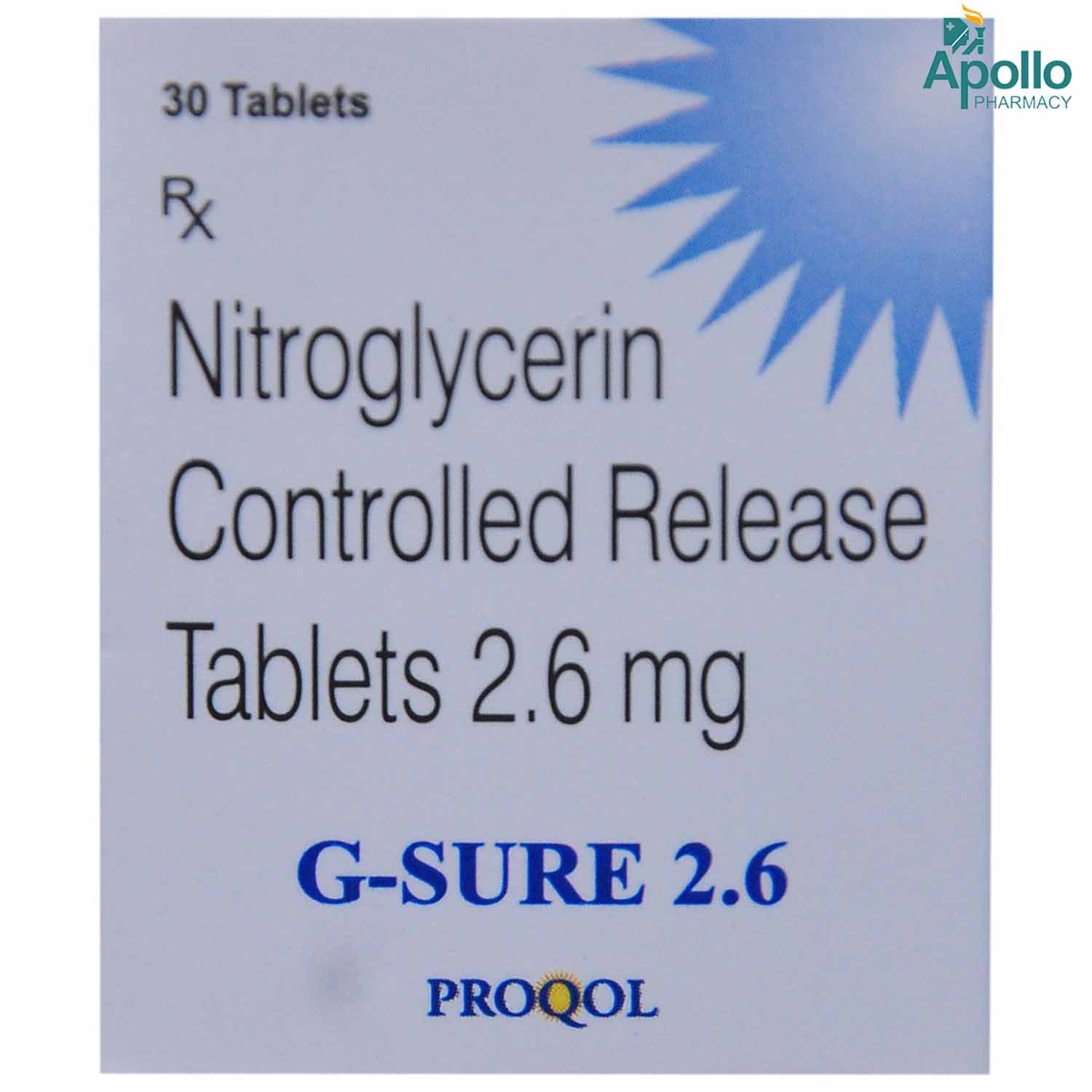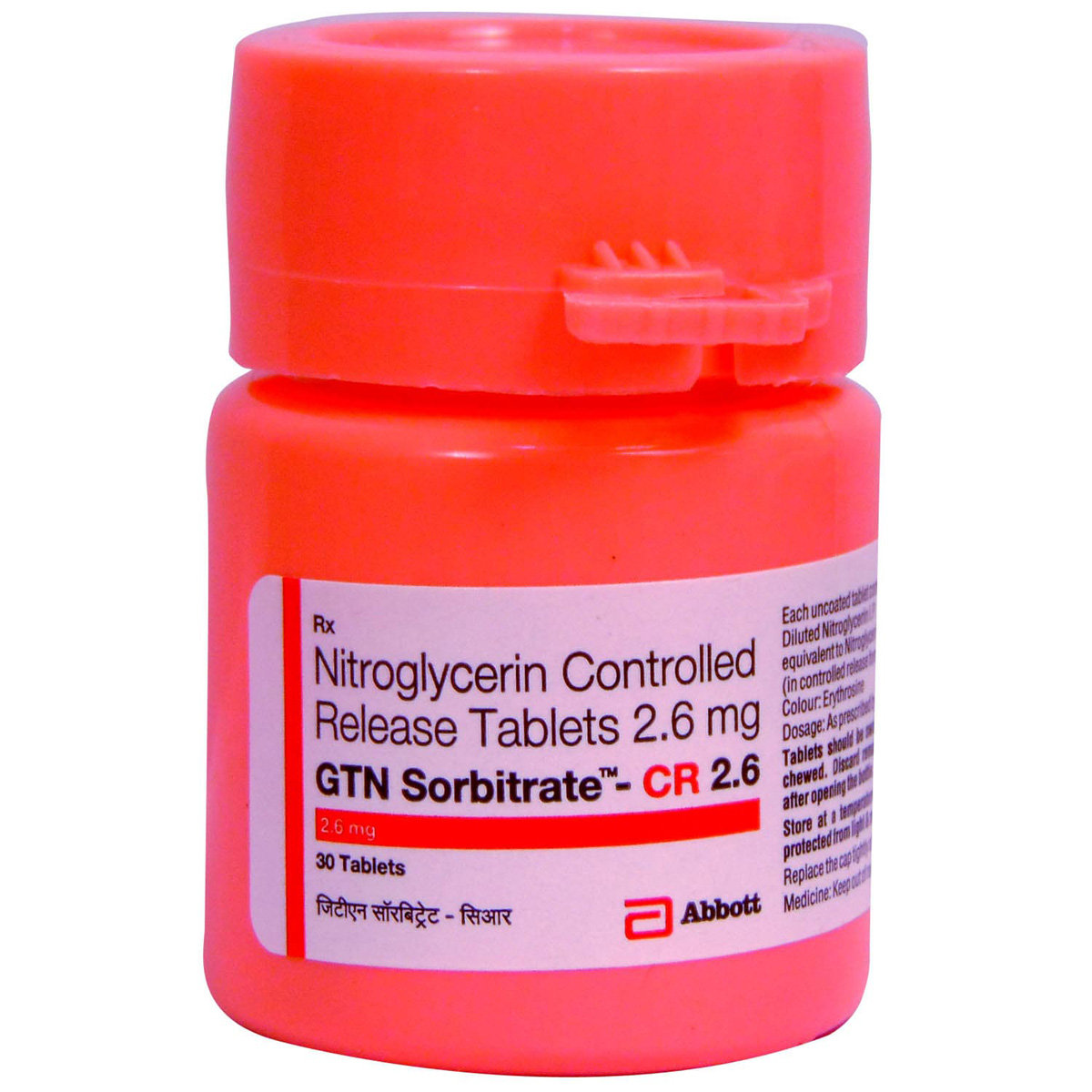Nitroglycerin
About Nitroglycerin
Nitroglycerin belongs to the class of anti-anginal medication, primarily used to prevent angina attacks (chest pain) and treatment of angina. Angina occurs when the heart does not get a sufficient amount of oxygen.
Nitroglycerin contains Nitroglycerin, a natural vasodilator that works by expanding blood vessels (veins and arteries). This boosts the blood supply to your heart, allowing more oxygen to reach your heart muscles and reducing chest pain. As a result, it reduces heart workload and prevents attacks of angina.
Nitroglycerin is taken with or without food in a dose and duration as advised by the doctor. Your dose will depend on your condition and how you respond to Nitroglycerin. Sometimes, you may experience dry mouth, headache, blurred vision, insomnia, tingling, and prickling sensation. Most of these side effects of Nitroglycerin are temporary, do not require medical attention, and gradually resolve over time. However, if the side effects are persistent, reach out to your doctor.
Consume only if the doctor prescribes you. Never encourage self-medication or suggest your medicine to someone else. You should not take Nitroglycerin if you are allergic to nitrates or any of its ingredients or are taking medication for hypertension, glaucoma, heart disease, erectile dysfunction, or anaemia. Check with your doctor if you're pregnant, breastfeeding, or taking other prescribed or non-prescribed medicines. Also, please do not stop the Nitroglycerin abruptly as it may lead to severe side effects. Avoid alcohol consumption as it might lead to very low blood pressure.
Uses of Nitroglycerin
Medicinal Benefits
Nitroglycerin contains Nitroglycerin, a natural vasodilator that works by expanding blood vessels (veins and arteries). This boosts the blood supply to your heart, allowing more oxygen to reach your heart muscles. As a result, it reduces heart workload and prevents angina attacks. The dose of Nitroglycerin may be required to increase after a certain time as Nitroglycerin develops tolerance after some time. Your doctor might increase your dose depending upon your condition, and please stick to the dosage schedule.
Directions for Use
Storage
Side Effects of Nitroglycerin
- Headache
- Vertigo (a major symptom of balance disorder)
- Dizziness
- Weakness
- Heart palpitations (unusual awareness of the heartbeat)
- Low blood pressure upon rising from a seated position
- Nausea and vomiting
- Sweating
- Paleness
- Fainting
- Flushing (warm or red condition of your skin)
- Other skin reactions
Drug Warnings
Do not take the Nitroglycerin if you are allergic to nitrates or any of its ingredients. Inform your doctor about all other OTC medications, vitamins, nutritional supplements, and herbal products you are taking or plan to take. If you have a kidney, drink or have ever consumed large amounts of alcohol, have anaemia, or have a heart attack. Nitroglycerin should be taken cautiously and only if a doctor prescribes you. Tell your doctor if you are pregnant or are breastfeeding before starting Nitroglycerin as a dose adjustment may be required if the benefits outweigh the harm. Nitroglycerin may cause dizziness, light-headedness, and fainting when you get up too quickly from a lying position, especially when you start taking Nitroglycerin so please get up gradually.
Drug Interactions
Drug-drug interactions: This medicine may have an interaction with any medicines that are used to treat heart failure, or an irregular heartbeat, anticoagulant medications (warfarin), anti-depressant medications (bupropion), migraine medicines (ergotamine), erectile dysfunction medication (alprostadil, avanafil, sildenafil, tadalafil, vardenafil), blood thinners (aspirin), NSAIDs (naproxen, ibuprofen), and tricyclic antidepressants (amitriptyline, desipramine, doxepin).
Drug-Food Interactions: Nitroglycerin interacts with non-prescription medications, vitamins, nutritional supplements, and herbal products you are taking or plan to take. Also, alcohol consumption and drinks containing caffeine should not be taken along with Nitroglycerin.
Drug-Disease Interactions: Inform your doctor if you have or have ever had or had myocardial infarction, congestive heart failure, anemia, hemodialysis (a procedure where a dialysis machine and a special filter called an artificial kidney), hypotension, intracranial pressure, pericarditis (inflammation of the pericardium), hypertrophic cardiomyopathy, and glaucoma.
Drug-Drug Interactions Checker List:
Safety Advice

Alcohol
cautionConcomitant use of nitrates and alcohol may cause hypotension. So intake of Nitroglycerin should be avoided with Nitroglycerin.

Pregnancy
cautionNitroglycerin is a pregnancy Category B medicine. It is not known whether Nitroglycerin will affect pregnant women or fetus or not. Hence, the intake of Nitroglycerin should be avoided if you are pregnant or planning to become pregnant as it may harm the baby. Your doctor may give you if the benefits of Nitroglycerin overweigh the risks.

Breast Feeding
cautionSafety of Nitroglycerin is not known in breastfeeding women. So, Nitroglycerin should not be taken while breastfeeding.

Driving
unsafeNitroglycerin can affect alertness and coordination. So, operating machinery which requires concentration should be avoided.

Liver
cautionNitroglycerin to be taken with caution, especially if you have a history of Liver diseases/conditions. The dose may have to be adjusted by your doctor.

Kidney
cautionNitroglycerin to be taken with caution, especially if you have a history of Kidney diseases/conditions. The dose may have to be adjusted by your doctor.

Children
cautionSafety of Nitroglycerin is not known in children below the age of 18 years.
Habit Forming
Diet & Lifestyle Advise
- Follow a cholesterol-lowering diet.
- Consume low salt and a low-fat diet.
- Exercise regularly. It helps in maintaining proper weight and lowers cholesterol.
- Limit salt and sugar intake.
- Avoid smoking and alcohol consumption.
- Choose healthy fats and cut down on trans-fat.
- Include omega-3 fatty acids, fibre-rich food, fruits and vegetables.
- Get active by doing physical activities such as swimming, brisk walking or jogging. Take the stairs instead of elevators/lifts.
Special Advise
- The dose of Nitroglycerin may be required to increase after a certain time as Nitroglycerin develops tolerance after some time. Your doctor might increase your dose depending upon your condition, and please stick to the dosage schedule.
Patients Concern
Disease/Condition Glossary
Angina pectoris: It is a kind of chest pain caused due to decreased blood flow to the heart, which means insufficient oxygen supply to the heart muscle. The chest pain is often triggered by emotional stress or physical activity. Angina is a symptom of coronary artery disease. The symptoms of angina include dizziness, shortness of breath, nausea, tiredness, anxiety or excessive sweating. The risk factors for angina include smoking, diabetes, overweight, high blood pressure, high cholesterol, not exercising, or a history of heart disease.
FAQs
Nitroglycerin contains Nitroglycerin, a natural vasodilator that works by expanding blood vessels (veins and arteries). This boosts the blood supply to your heart, allowing more oxygen to reach your heart muscles and reducing chest pain. As a result, it reduces heart workload and prevents attacks of angina.
If you miss a dose of Nitroglycerin, take the missed dose as soon as you remember it. However, if it’s almost time for the next dose, do not take a double dose to make up for a missed one.
No, Nitroglycerin should be taken in the dose and duration as advised by the doctor. If you take it in more than the recommended dose, it might cause unpleasant side effects. If you think your symptoms are not improving, please consult your doctor.
No, you should not take Nitroglycerin with your erectile dysfunction medication as it might trigger the blood pressure-lowering effect of Nitroglycerin.
Do not stop taking Nitroglycerin without talking to your doctor. If you suddenly stop taking Nitroglycerin, you may experience confusion, fever, mental state changes, or severe muscle stiffness. Your doctor will probably decrease your dose gradually depending upon your disease condition.
Nitroglycerin should be kept in the original glass container and tightly capped after each use to prevent loss of tablet potency. Store Nitroglycerin tablets at room temperature (between 68° and 77°F).
Yes, Nitroglycerin can cause a headache. Please increase fluid intake as it is known to cause headaches when taking Nitroglycerin. If the problem persists, consult your doctor and do as advised.







